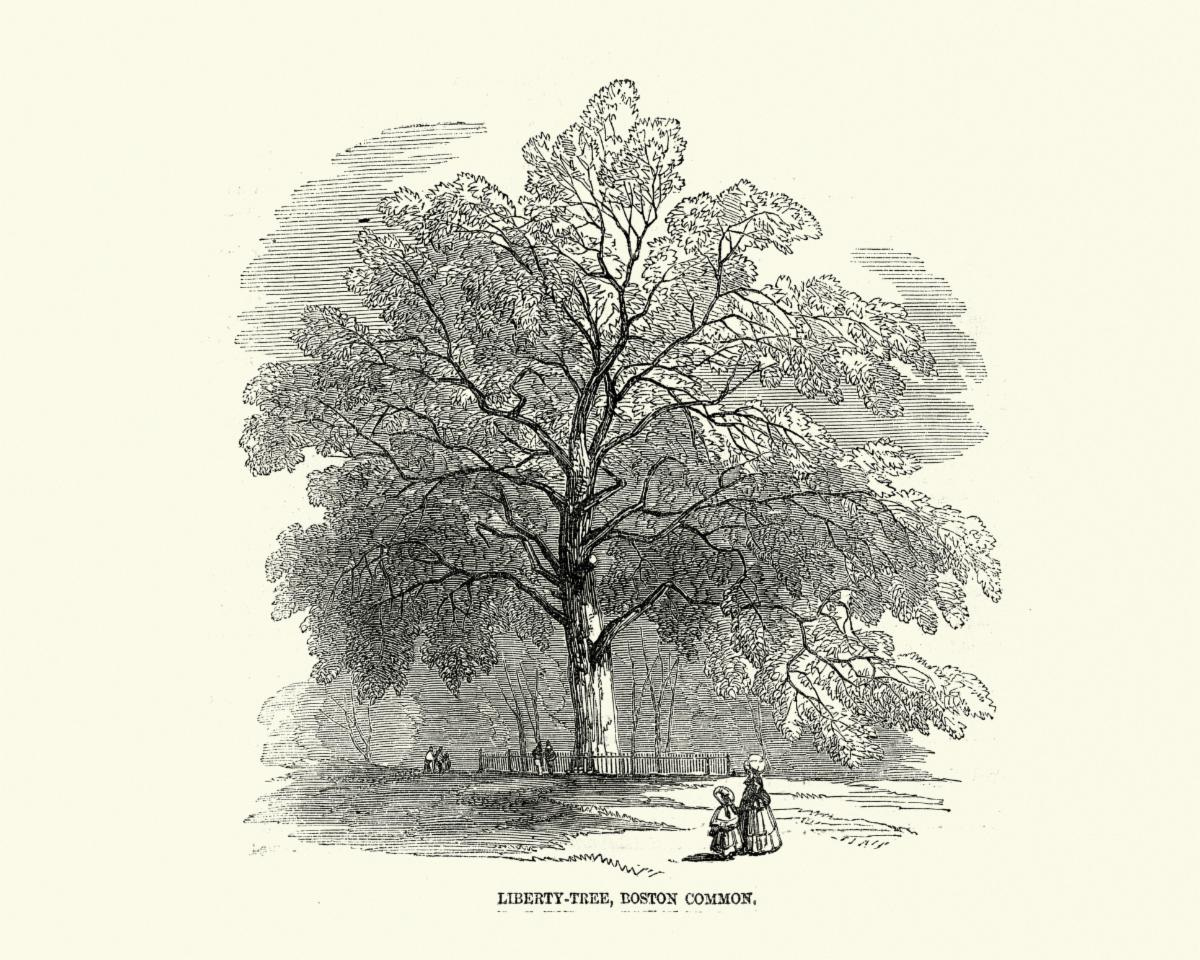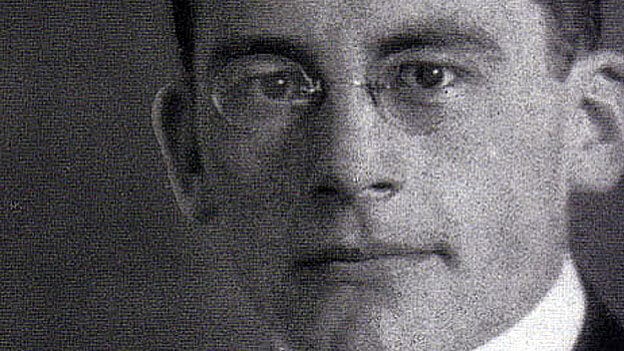
“There is no political solution
To our present evolution
Have no faith in constitution
There is no bloody revolution.”
—Spirits in the Material World, song by The Police
Politics is the art of human existence within social hierarchies. Of primary concern to an individual living among others is the ever-present threat of physical force. It is often advantageous for one human to employ coercion or violence against another for purposes of imposing one’s will, typically in crimes of passion or to expropriate another’s wealth. To secure individuals against the ever-present threat of force, societies in many times and many places concocted a fight fire with fire strategy by vesting the absolute authority to employ force legally into a single social apparatus—the monopoly on violence commonly known as The State.
“Power corrupts, and absolute power corrupts absolutely.”—Lord Acton
The State is the sole social apparatus which may legally employ coercion, compulsion, and violence. In its limited and best implementations, The State’s monopoly on force is used exclusively to protect the life, liberty, and property of its constituent individuals. When left unaccountable to the preferences of its constituents, The State often rigidifies into an arbitrary and tyrannical organization bent on total social control. In accordance with Lord Acton’s infamous dictum above, as an institution imbued with absolute power in the sphere of human affairs, The State is the institution which most often suffers from extreme bouts of internal corruption. And as history clearly demonstrates, corrupt states cannot exist for long. Throughout the long arc of human history many wise, bold, and brave men have attempted novel implementations of statism which are less centralized, less corruptible, and therefore less vulnerable to collapse. For this reason, The State has changed significantly since the tyrannical Pharaoh god-kings ruled ancient Egypt. Today, the liberal democracies of Western Civilization are popularly regarded as the greatest systems of state governance yet established, due primarily to the Christ-inspired cornerstone upholding their foundations—acknowledgement and respect for the natural sovereignty of the individuals constituting The State.
Arguably the greatest success story to date is the constitutional republic founded on the continent of North America in 1776—The United States of America. The US implementation of statism was a novel design intended to be insulated from the dangers of both pure monarchy (a tyranny of one) and pure democracy (a tyranny of the majority). Key to the success of the US was the segregation of powers across its internal network of sovereign states, a minimal centralized federal government, the honoring of individual liberty, a conservative fiscal policy, a related respect for private property, and a jurisdictional framework characterized chiefly by the English common law tradition inherited from the English Empire. In a word, freedom of the individual has been the indispensable ingredient to the economic success of the US. Freedom to live with the reasonable expectation of peaceful social cooperation, access to non-violent dispute resolution procedures, and a resultant expansion of aggregate wealth creation. Freedom to move oneself and one’s capital into whichever state within the constitutional republic best supported the attainment of one’s own pursuit of happiness. And perhaps most pragmatically, freedom to create wealth through trade and innovation with the reasonable expectation that one’s property rights would not be arbitrarily violated by gangsters or statists. These promises were enshrined in the US Constitution, a document consecrated when the tree of liberty was quenched by the blood flowing forth from the American Revolutionary War.

“The tree of liberty must be refreshed from time to time with the blood of patriots and tyrants.”—Thomas Jefferson
The US Constitution is the most successful commitment to individual liberty ever enacted by any state in human history. Of course, the reality of freedom derived from mere promises is freedom all too easily broken. To put the value of the US experiment succinctly: the success of this constitutional republic was rooted in the clarity and stability of its rules. However, the rules and legal systems which enshrined and enforced them are comprised of oaths taken by human beings; oaths that can be broken as easily as they were taken, irrespective of the solemnity with which they were spoken. Even if the individuals who took the oaths were characterized by Christ-like steadfastness and integrity, this does not prevent their successors from engaging in oath-breaking. Herein lies the core vulnerability of state-based legal systems: they are social constructs which are only as reliable as the individuals which enact their existence. In a word, they are promises and therefore—as the old adage tells us—made to be broken.
Humans being human—in all our greed, sloth, and wrath (to name a few of our sinful ways)—always find a rationalization for unwinding prior commitments, especially when circumstances become strifeful or control over resources is at stake. In other words, when the going gets tough, exceptions to the rules are quickly formulated and oaths are broken in an all-too-familiar pattern of action which threatens to undermine all prospects of peaceful political intercourse. With the possibility of exception-making comes an all-out war of all against all to obtain the authority to modify the rules others are forced to obey under threat of The State’s coercive, compulsive, and violent acts of enforced compliance. In sum, the exclusive power to make exceptions to The State’s rules is sovereignty within a paradigm of political statism.

“The sovereign is he who decides the exception.”—Carl Schmitt
Whoever can decide the exception is, in effect, the ultimate arbiter of the rules, as a rule excepted is a rule rewritten. What humanity requires to prevent arbitrary exception-making and its attendant contradiction of natural individual sovereignty is an immutable ruleset: one that is intrinsically invulnerable to exception. Indeed, this is why violence has always been the Alpha and Omega of political organization: rooted in physis (or, the immutable laws of physics), one who can wield physical force in the way most credibly threatening to life has historically been its most potent political force as well. One might imagine a modern-day elite soldier sent back in time to 15th century England armed with an automatic assault rifle and sufficient ammunition: in all likelihood, it would not take long for this ‘army of one’ to become one of the most feared and respected martial forces in all the land. With his physical dominion firmly established, this time-traveler would be free to extract tribute, taxes, and other royalties from his 15th century subjects. In this way, a superiority of physical power projection opens the way for accession into the highest echelons of political dominion.

“Political power emanates from the barrel of a gun.”—Mao
Figuring out how to project physical power in novel and life-terminating ways is the aim of predatorial evolution among animals, as seen in ‘Nature Red in Tooth and Claw,’ and also the goal of the martial arts among men, as seen in the eons of innovation giving rise to increasingly lethal military technologies. These theatres of Darwinian and martial combat both share the objective constraints imposed by the immutable laws of physics. If it were possible to make exceptions to the laws of physics, the primary contention among animals and men would be to control the apparatus of exception-making to physis. Perhaps this would manifest as faster than light telecommunications, or physical teleportation, or even some sort of weapon superior to a thermonuclear warhead in its capacity for physical devastation. Said another way: the power to control gravity, exceed the speed of light, or otherwise make exception to the fundamental laws of physics would be the ultimate military technology. The struggles to control such a technology would give rise to endless politicking and warfare across the eons. Or if exclusive control over such a God-like technology were firmly established, it would no doubt serve as the means to facilitate a tyranny as endless as it was terrible. Fortunately, no mechanism for making exceptions to physis exists, and therefore physics is the stage upon which the entire struggle for life itself unfolds, in both the raw Darwinian sense and its extended sense of the martial arts.
Martial struggles among men are centered on winning the exception-making authority, which is again, indistinguishable from rule-making authority. The obvious (if idealistic) notion which would mitigate the seemingly endless violent strivings of men against men to control such an apparatus of absolute power, then, is a ruleset governing social organization that is not subject to exception. A system of rules immune to the whims of the various rulers who will come into power in different places at different times, whether by ballot or by bullet. Rules which are not dependent on the taking and fulfillment of oaths. Rules which are agnostic to the ebbs of flows of human affairs and therefore non-responsive to acts of coercion, compulsion, and violence. What is needed to reign in the pointless and hopeless war of all against all is an exception-proof system for allocating the most important form of power an individual can wield when operating within a political hierarchy—purchasing power. In a system where no individual can possibly make an exception to the purchasing power of others, the sovereignty of each individual is maximized, and the authority of The State is minimized.
Historically, gold has been the dominant monetary technology in the world, and therefore functioned a superior reservoir of purchasing power across time. Gold was selected as money on the free market largely because it served as a proxy for the idealized exception-proof system for allocating purchasing power we have elaborated here. However, since gold is a physical money, it is inherently an incentive to violence, as it can be seized by force. So although the supply of gold is secure against exception in the sense that it could not be arbitrarily inflated at a whim, and thus used to indirectly steal the purchasing power of savers via money supply debasement, it did not offer savers similar assurances against direct theft facilitated by coercion or violence. Taken in combination with the economies of scale and transactional efficiencies to be gained by centralizing the custody of gold and abstracting it into paper currencies, one can begin to understand why the centralization of political power closely paralleled the concentration of purchasing power embodied by gold locked away in bank vaults. Indeed, it was on such central repositories of gold The State in its modern incarnation was built. Whosoever controlled this pristine vessel for purchasing power came to control the legal and physical power projection capabilities of The State.
“Let me issue and control a nation’s money, and I care not who writes the laws.”—Amschel Rothschild
If only gold could have somehow been dematerialized, then it would be trivial for its users to custody it themselves, thus reducing the economic advantages to be gained by centralizing its custody. Dematerialized gold is equivalent to informationalized gold, and thus could be stored in any information-bearing medium including notebooks, computers, and human minds. Being composed of pure information would also mean that this neo-gold would be massless, as if it were substantive at all, it would have mass. As pure information, this intangible gold could be encoded in binary code, making it ‘digital gold.’ Such a digital gold would also represent a reduced incentive to employ physical force, as it would make it more difficult for an attacker to seize the purchasing power of another by force. Digital gold could be secured as easily and as safely as any other highly confidential secret. Indeed, secretive individual stashing of digital gold is the secret to undermining the authority of The State, which preys on its citizens by identifying them, quantifying the resources under their control, and extracting their purchasing power under a (more or less) veiled threat of force.
As you may have surmised, digital gold is now a reality known as Bitcoin. Herein lies the power of Cryptosovereignty: the cryptographic tools which let citizens blind The State to their identities, their patterns of actions, and the purchasing power under their control. Paradoxically, as a monetary technology that is agnostic to the politics of human affairs, Bitcoin is the most politically disruptive innovation in human history. Einstein once said: “We cannot solve our problems with same level of thinking that created them.” Applying this thought to the troubled domain of human social evolution, there can be no political solution to the problems inherent to political economy and statism. An economic system with fixed rules, totally agnostic to the arbitrary ebbs and flows of human affairs offers individuals the highest degree of leverage in their contentions with The State: a non-productive and destructive institution which subsists solely on stolen fruits of labor. Cryptosovereignty is an apolitical solution to this present stage of human evolution; one characterized by zero-faith in The State, an ideal exquisitely expressed by the bloodless revolution of Bitcoin’s monetization. In its most essential form, Bitcoin is an agreement among network participants; an oath taken by nodes selecting a common software to run, and reaffirmed in each block of transactions every ten minutes or so. 21M Bitcoin is the unbreakable promise energizing the rise of Cryptosovereignty in the 21st century and beyond.
-Robert Breedlove, March 2023
Follow Erik Cason here: https://twitter.com/Erikcason
Cryptosovereignty is available here: https://t.co/aNzlkckiFF
Thank you for reading Cryptosovereignty: The Encrypted Political Philosophy of Bitcoin
PODCAST
SOCIAL
SUPPORT
-
Send Bitcoin to my PayNymID: +tightking693

My sponsors are all mission-driven organizations focused on themes explored on my podcast such as freedom, education, self-sovereignty, etc. Please check them out, and where applicable use discount code BREEDLOVE unless otherwise instructed.






